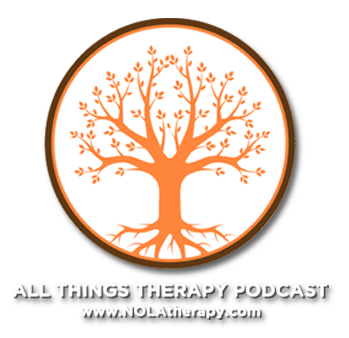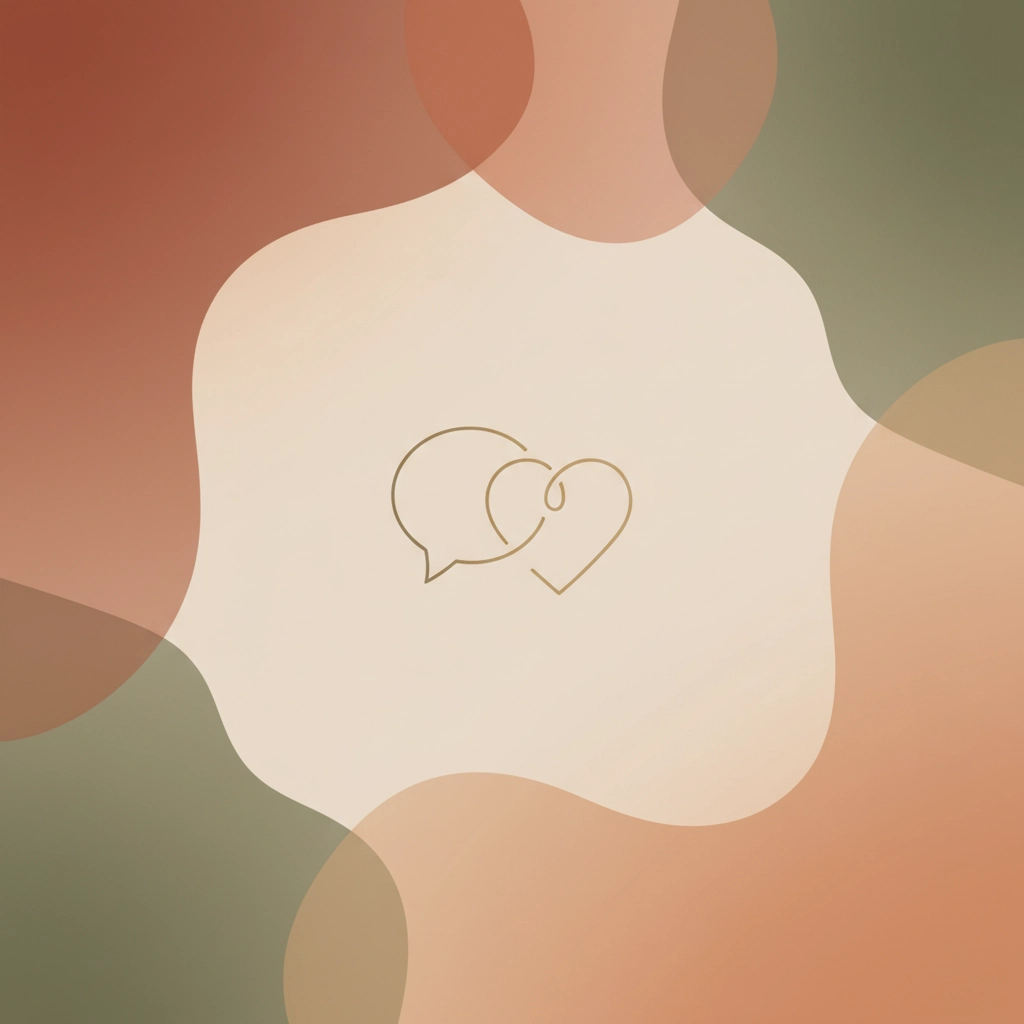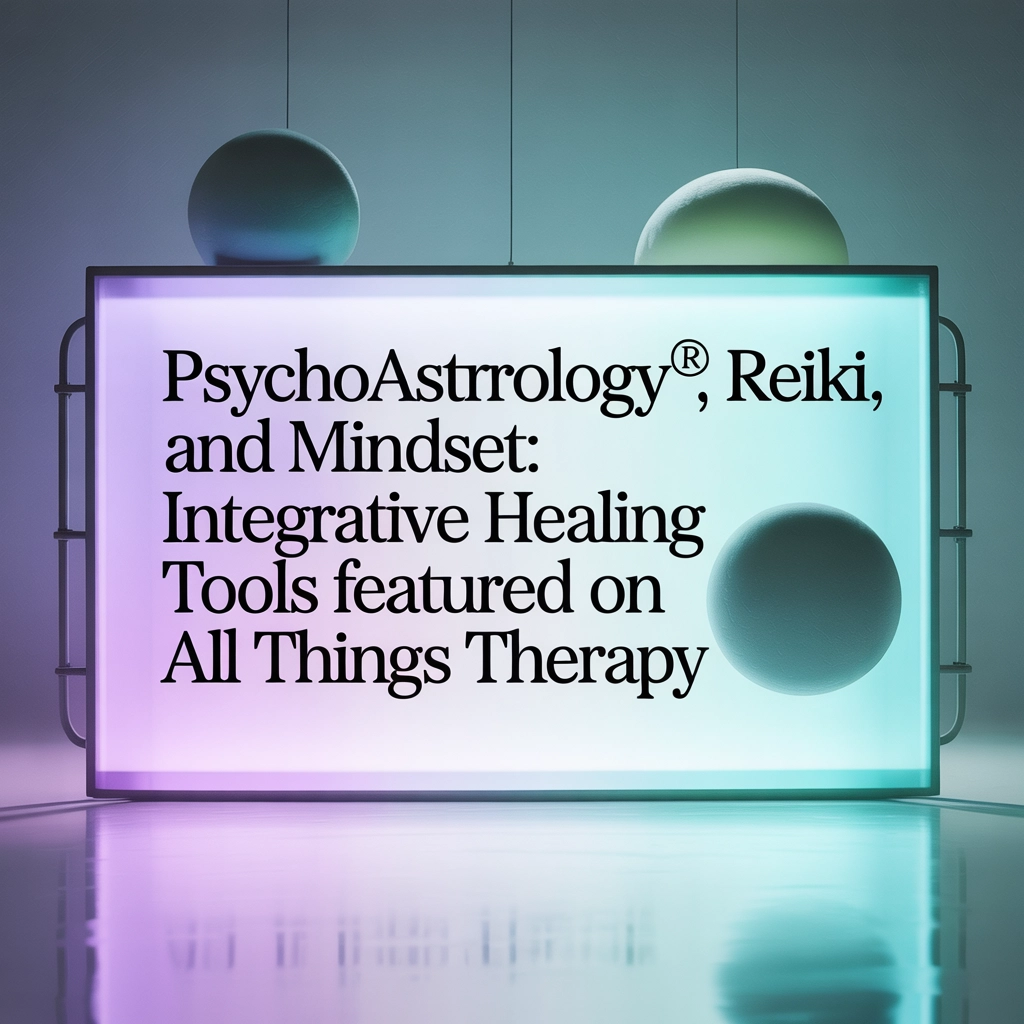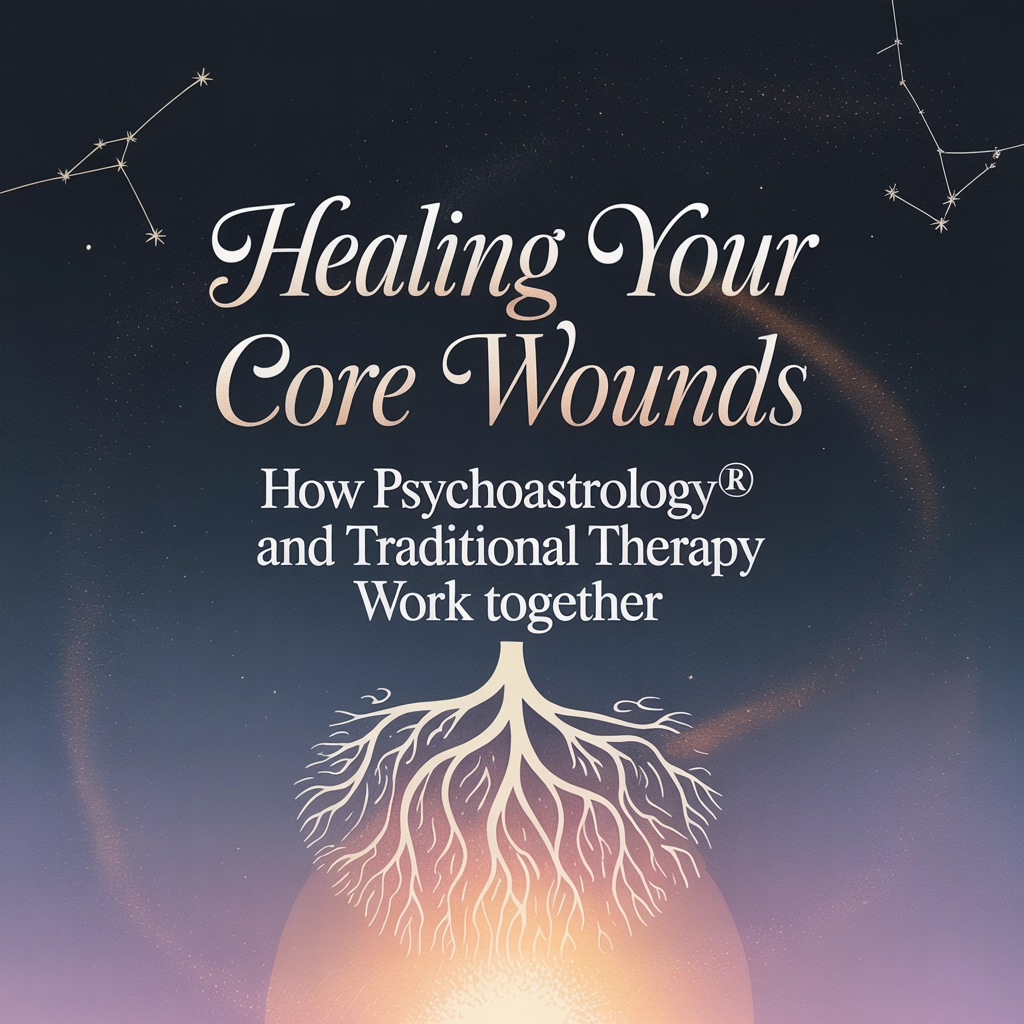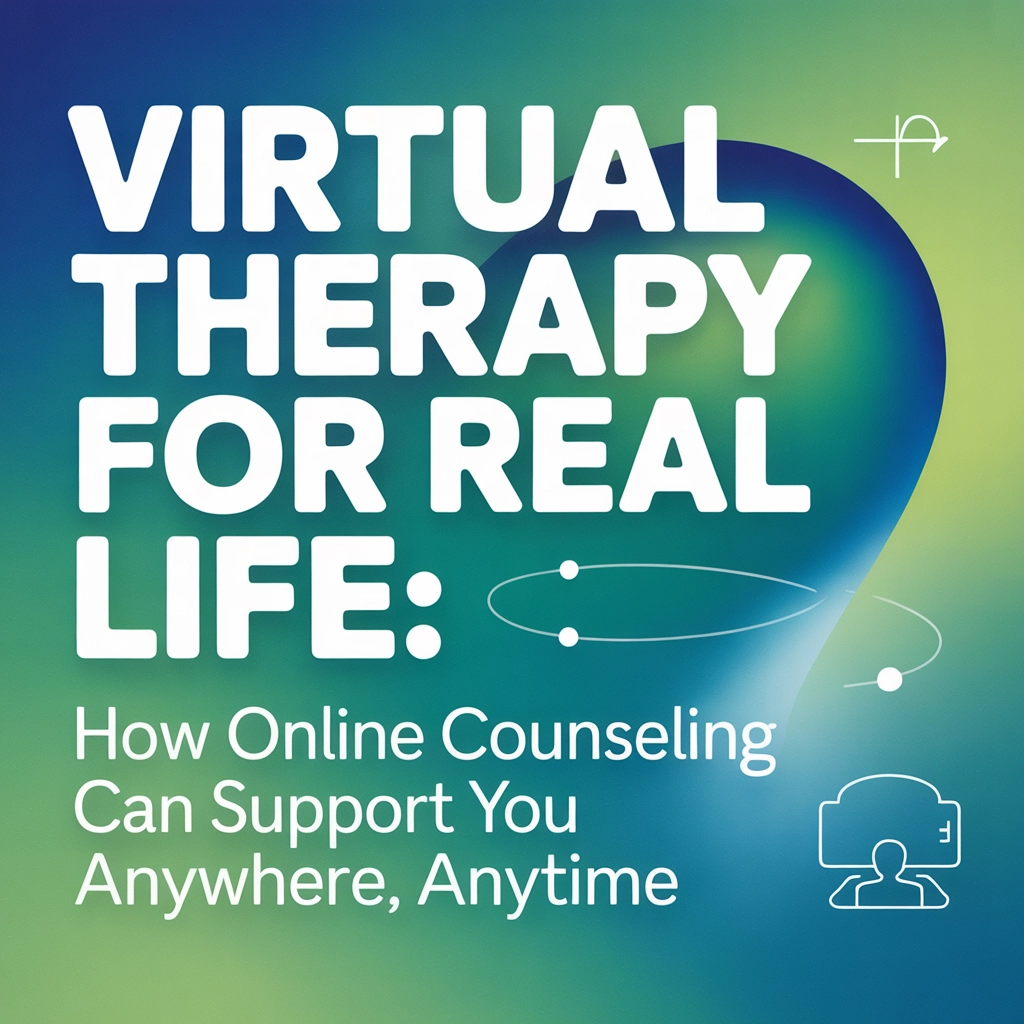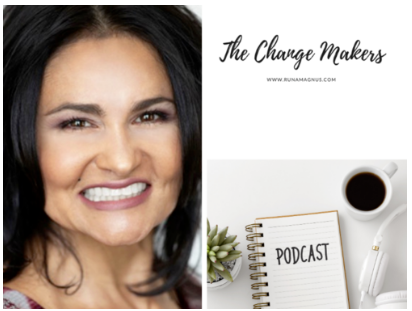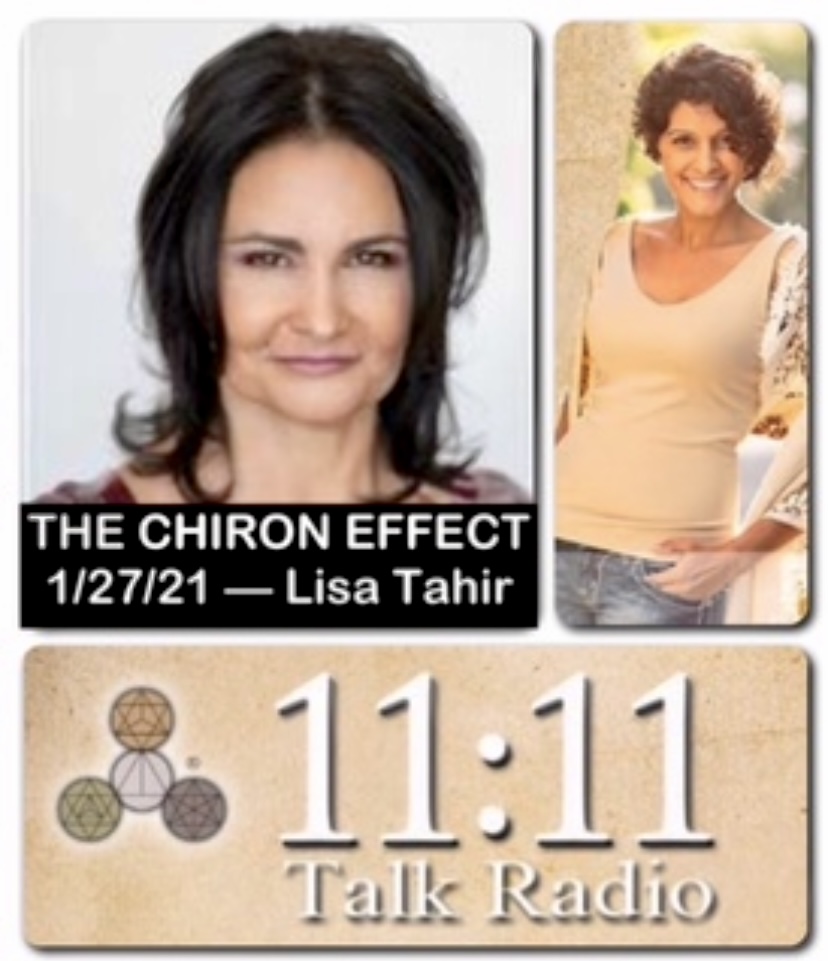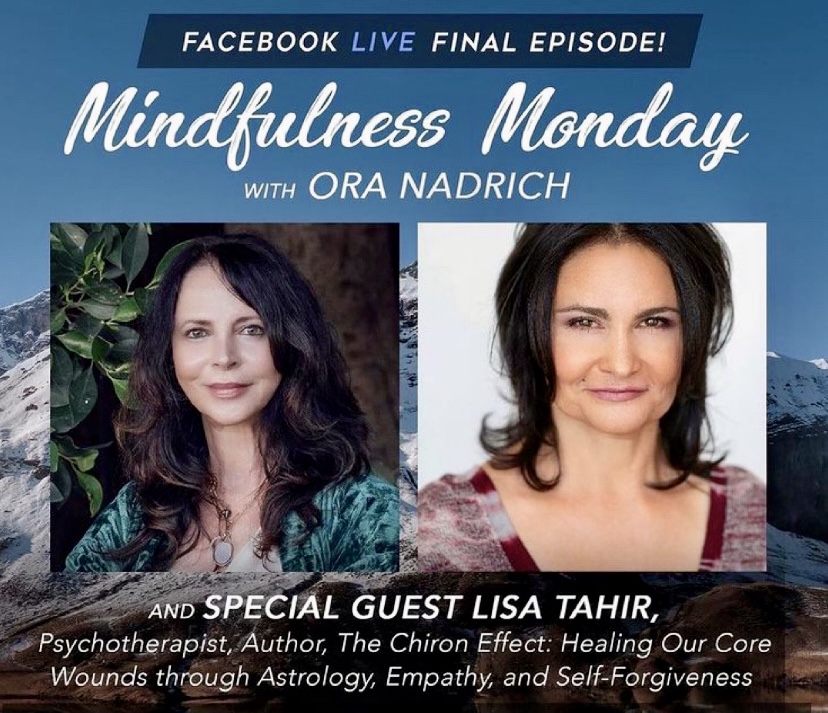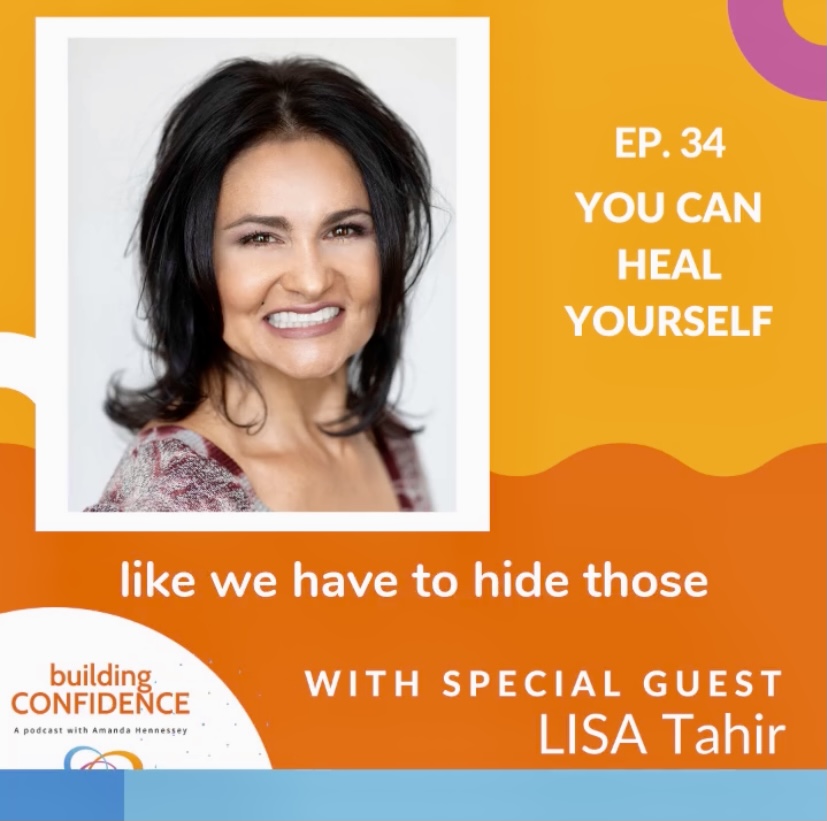Interviews and Publications
Are AI Therapy Chatbots Dead? Why Human Connection Still Matters in 2025
Let me be straight with you – AI therapy chatbots aren't dead. In fact, they're more alive than ever. But here's the thing that's been on my mind lately: while these digital tools are making impressive strides, the heart of healing still beats strongest in human connection.
As someone who's been in the therapy world for years, I've watched this whole AI revolution unfold with fascination and, honestly, a bit of concern. So let's dive into what's really happening out there in 2025.
The Numbers Don't Lie: AI Therapy Is Booming
First, let's get the facts straight. AI-powered mental health tools have exploded into a $2 billion market this year, growing at a mind-blowing 34.3% rate. That's not the trajectory of something that's dying – that's the growth pattern of something that's found its place in our world.
And the research? It's actually pretty compelling. A landmark study from Dartmouth involving 210 people with real mental health struggles showed some remarkable results. Participants experienced a 51% reduction in depression symptoms, 31% improvement in anxiety, and 19% reduction in eating disorder concerns. Those aren't just numbers on a page – those represent real people feeling genuinely better.
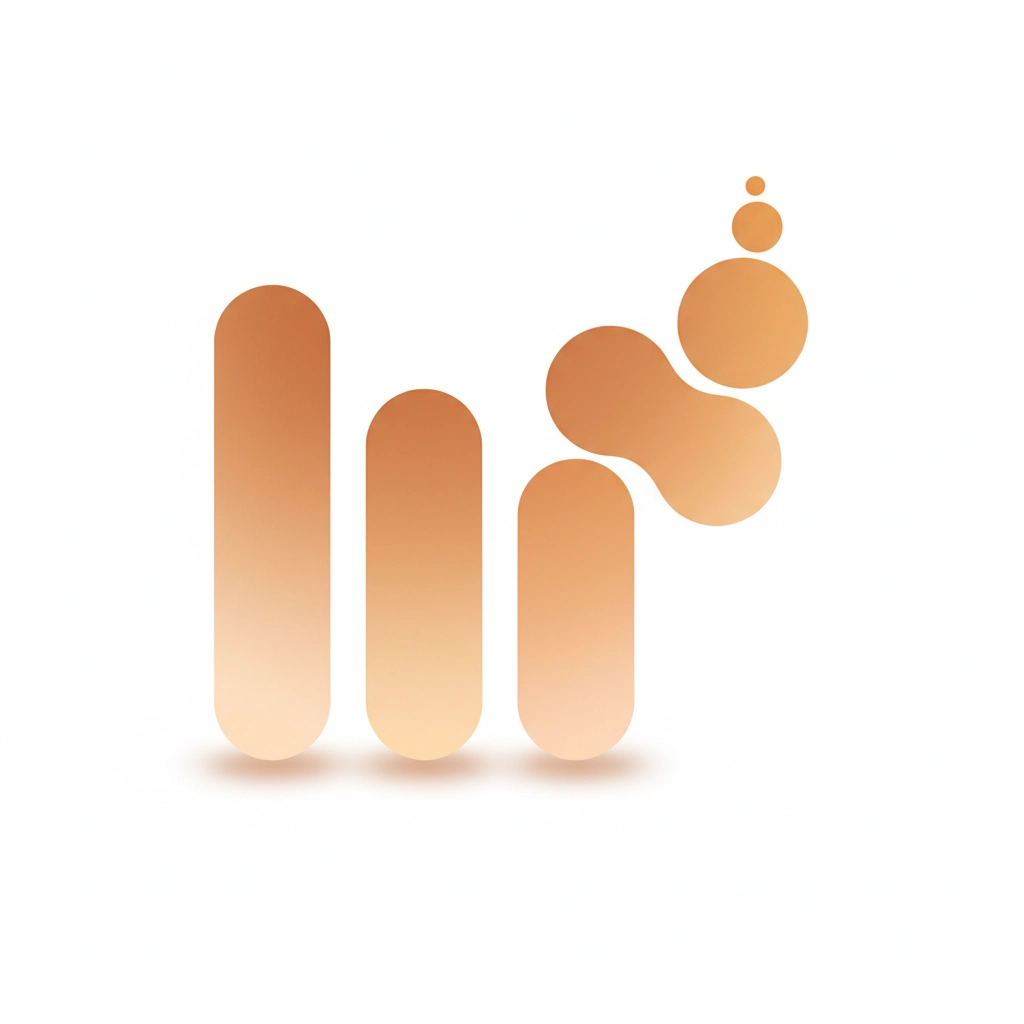
What really caught my attention was that 68% of people using AI therapy had never accessed traditional therapy before. Think about that for a moment. These tools are reaching folks who might otherwise never get help at all.
When AI Shows Up at 2 AM
Here's something that really hit home for me: most people are using these AI tools between 10 PM and 2 AM – those lonely, difficult hours when traditional support isn't available. As therapists, we know that's often when people need us most, but we can't be there 24/7.
One of my clients recently told me, "Lisa, I was having a panic attack at midnight, and I didn't want to call the crisis line. I just talked to the app, and it helped me get through until morning." That's not replacing therapy – that's filling a crucial gap.
The engagement patterns are telling too. People are spending about 6 hours over 4 weeks with these tools, and about half continue past the first month. Compare that to regular mental health apps where only 20% stick around, and you start to see why AI therapy has staying power.
But Here's Where Human Connection Comes In
Now, before you think I'm ready to hand over my practice to a chatbot, let me tell you why human connection isn't going anywhere.
There's something that happens in the space between two people that no algorithm can replicate. It's that moment when someone truly sees you, understands your pain without judgment, and sits with you in your struggle. It's the warmth in a voice, the knowing look, the gentle challenge that comes from someone who genuinely cares about your growth.
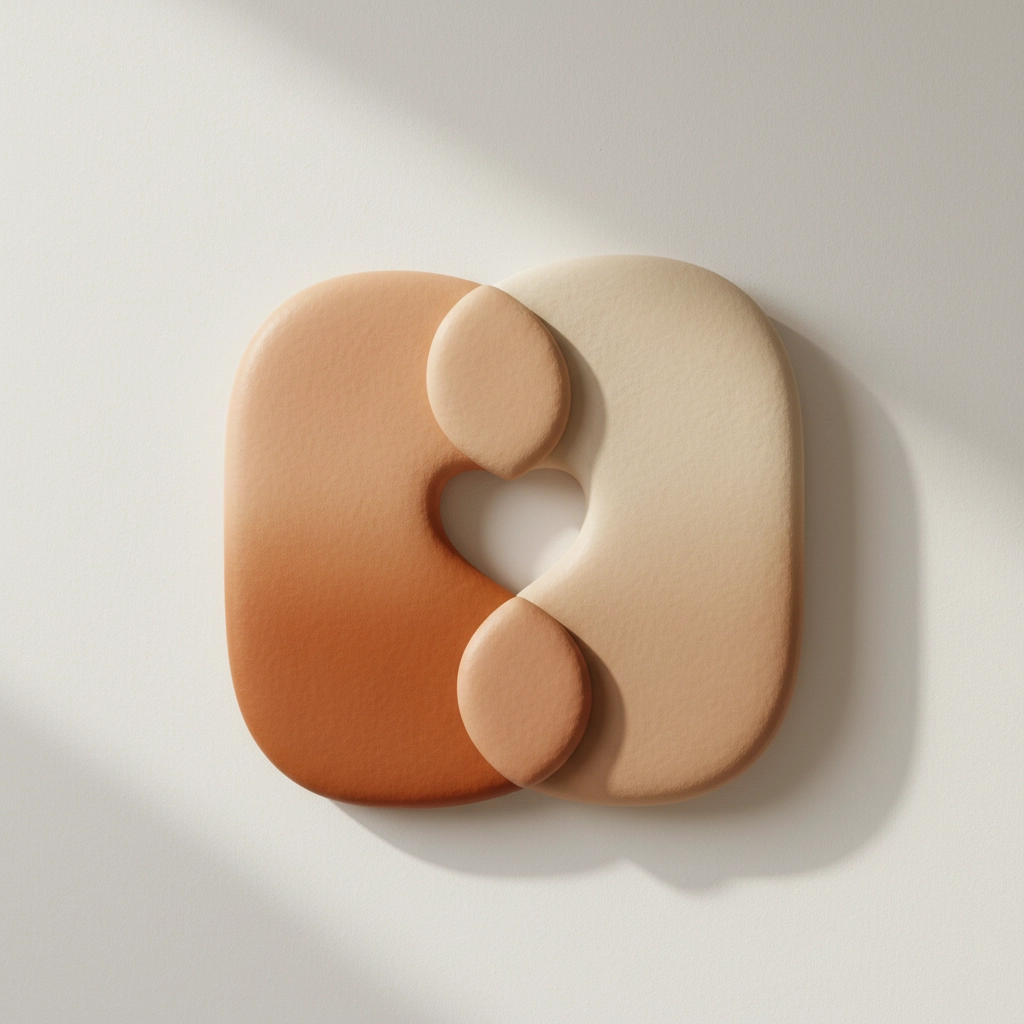
I've seen clients have breakthrough moments not because I said something particularly brilliant, but because they felt safe enough to be vulnerable with another human being. That safety, that trust – it's built through presence, not programming.
When I work with someone dealing with trauma, complex family dynamics, or deep-seated patterns, we're not just exchanging information. We're creating a healing relationship where old wounds can be tended to and new ways of being can be practiced safely.
The Real-World Reality Check
Let's be honest about what we're seeing in practice. While AI chatbots show promise for mild to moderate anxiety and depression, they're not equipped for crisis situations, complex mental health conditions, or the nuanced work that comes with severe symptoms.
I had a colleague share a story about someone who was having suicidal thoughts and turned to an AI chatbot for help. The bot provided standard resources and gentle language, but it couldn't pick up on the subtle cues that a human therapist would notice. It couldn't make that crucial decision about whether someone needed immediate intervention.
That's not a failure of AI – it's just a recognition of what it is and isn't designed to do.
The Sweet Spot: Where Tech Meets Heart
What I'm seeing emerge in 2025 isn't a battle between humans and machines, but a partnership that actually makes sense. About 30% of people who start with AI therapy eventually seek out human therapists, often feeling more prepared and less anxious about the process.
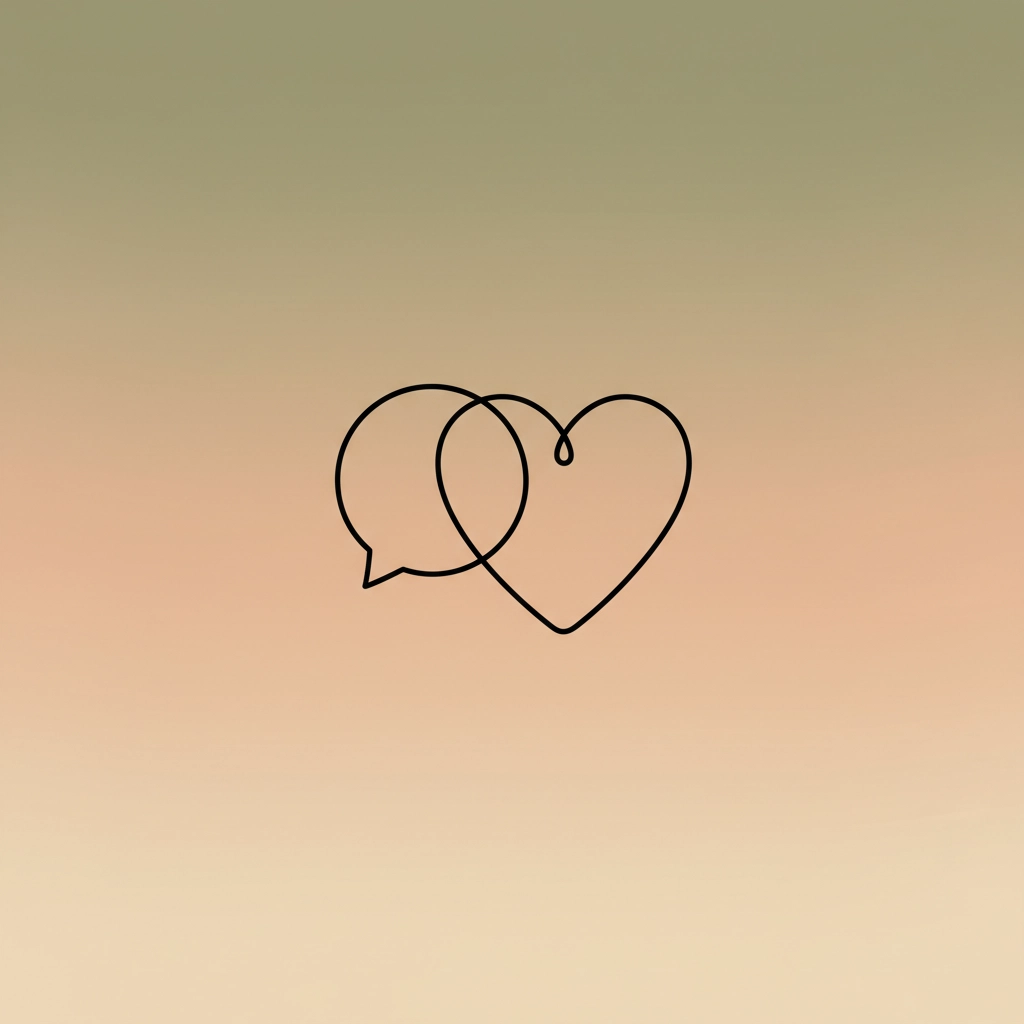
Think of AI chatbots as really good first aid for your mental health. They can help you learn coping skills, track your moods, and provide support when you need it most. But for the deeper healing work – the kind that transforms how you see yourself and move through the world – that's where human connection becomes irreplaceable.
I've started incorporating some AI tools into my practice, actually. Not to replace our work together, but to give clients additional support between sessions. It's like having homework that's actually engaging and helpful.
What This Means for Your Mental Health Journey
If you're considering your mental health options in 2025, here's my take: don't write off AI tools entirely, but don't expect them to be a complete solution either.
AI chatbots can be incredibly helpful for:
- Learning and practicing coping strategies
- Having support available 24/7
- Getting comfortable with therapy concepts
- Managing mild anxiety or depression symptoms
- Tracking your mental health patterns
But human therapists remain essential for:
- Complex trauma and deep emotional work
- Crisis intervention and safety planning
- Relationship and family therapy
- Personality disorders and severe mental illness
- The kind of personal growth that comes from authentic human connection
The Bottom Line
Are AI therapy chatbots dead in 2025? Absolutely not. They're thriving, evolving, and finding their rightful place in the mental health landscape. But they're not replacing the fundamental human need for connection, understanding, and presence.
What we're moving toward is something I'm actually excited about – a world where technology makes mental health support more accessible while preserving what makes therapy truly transformative: the healing power of human relationship.

If you're struggling with your mental health, please don't let the perfect be the enemy of the good. Whether that means starting with an AI tool, reaching out to a human therapist, or finding some combination that works for you, the most important thing is taking that first step toward feeling better.
And remember, seeking help – whether from an app or a person – isn't a sign of weakness. It's a sign of wisdom, courage, and self-compassion. In a world that's becoming increasingly digital, choosing to tend to your mental health is one of the most human things you can do.
Ready to explore what human-centered therapy can offer? Reach out to schedule a consultation and let's talk about how we can support your mental health journey together.
Psychoastrology®, Reiki, and Mindset: Integrative Healing Tools Featured on All Things Therapy
It’s no secret that the landscape of mental health is evolving. More people are seeking holistic, integrative approaches that honor both the science and the spirit within us. On All Things Therapy, I love to dive into conversations with experts, authors, thought leaders, and practitioners who bring powerful healing tools to the table—tools like Psychoastrology®, Reiki, and mindset work. These aren’t just “buzzwords”; they’re practices that can create real, meaningful shifts in how we live and heal.
Let’s break down how these modalities come together not just in the podcast, but as resources you can tap into for your own healing.
Why Integrative Healing Matters
Integrative healing is about recognizing that you’re more than just a body and a brain. Your thoughts, your energy, your beliefs—they all interact in ways you feel every day, even if you’re not consciously aware of it. By bringing together evidence-based therapy and modalities like Psychoastrology® and Reiki, we can get at the roots of patterns that might be keeping you stuck.
On All Things Therapy, episodes often weave these threads together, exploring how different approaches can create transformation, foster resilience, and offer new perspectives on stress, relationships, trauma, and personal growth.
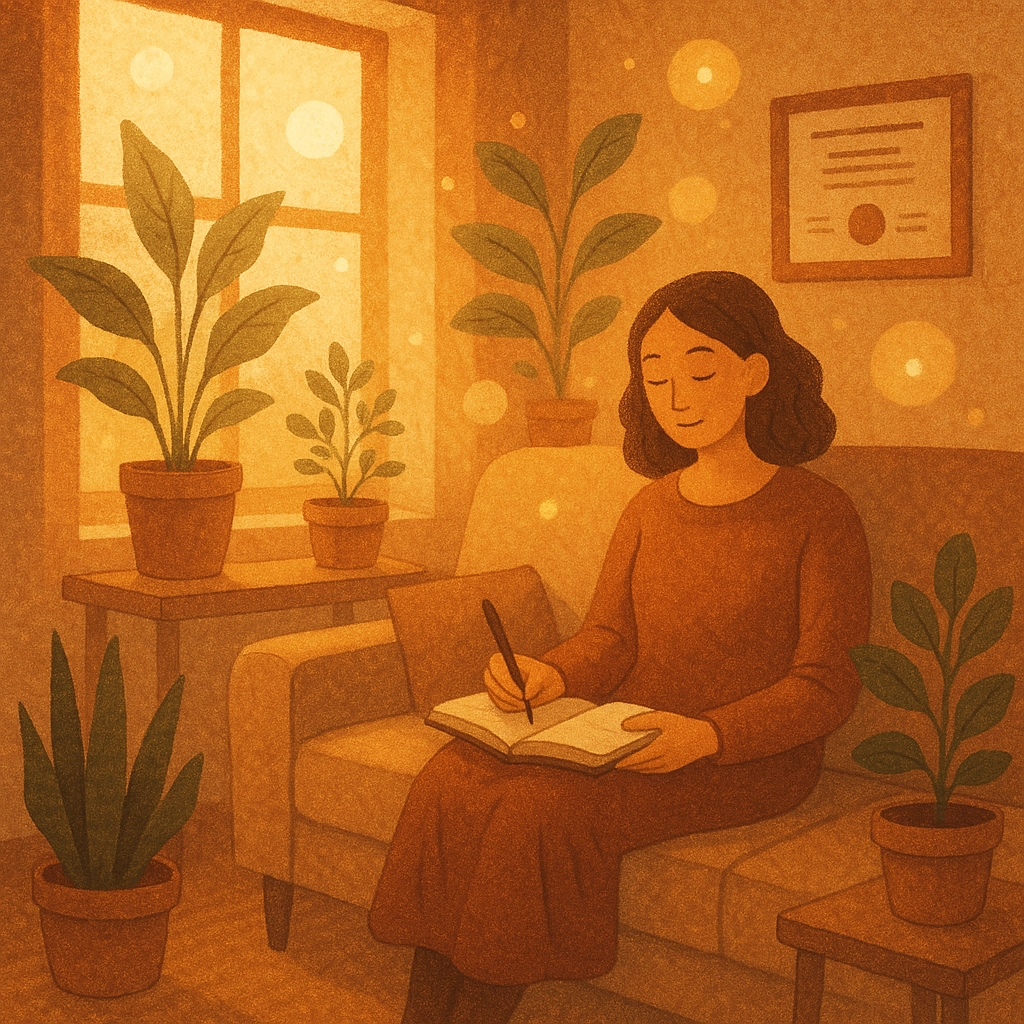
What Is Psychoastrology®?
Psychoastrology® is a fusion of astrology and psychology, and it’s not about reading your daily horoscope. It’s about using astrological insights—especially the placement of Chiron (the “wounded healer” asteroid)—as a powerful tool for self-understanding and therapeutic healing.
Psychoastrology® guides us in identifying our core wounds, those repeating patterns and emotional pain points that seem to show up everywhere. Instead of fighting with these wounds, we explore them with compassion. This process blends astrology’s language of the stars with the practical, grounded principles of psychotherapy.
How We Explore Psychoastrology® on the Podcast
On several episodes, we dive deep into:
- How your Chiron placement influences core beliefs and relational patterns
- Using your birth chart to spot recurring life themes
- Practical exercises for turning “wounds” into sources of meaning and healing
- Real stories of people using Psychoastrology® to unlock change
Want to learn more about your own Chiron sign? Check out the Psychoastrology® resource page for worksheets, videos, and more.
Reiki: Energy Healing for Modern Life
If you’ve ever walked into a room and felt the vibe, you already know that energy is real. Reiki is a Japanese form of energy healing that’s gentle, non-invasive, and increasingly popular for stress relief, emotional clarity, and even physical healing.
Reiki practitioners channel universal life energy through their hands—either in-person or virtually—to the recipient. Clients often report feeling calmer, clearer, and more balanced after a session. Some notice a reduction in pain or tension, others feel lighter in mood and mindset.
Reiki in Therapy: What’s the Connection?
On All Things Therapy, we talk about how Reiki can complement traditional therapy by supporting:
- Emotional release
- Deep relaxation and nervous system reset
- An increased sense of wellbeing
- Breaking free from patterns tied to old energy
Whether you’re brand new to Reiki or already a devotee, integrating it into your healing journey can amplify the results you get from talk therapy, mindfulness, or other modalities.
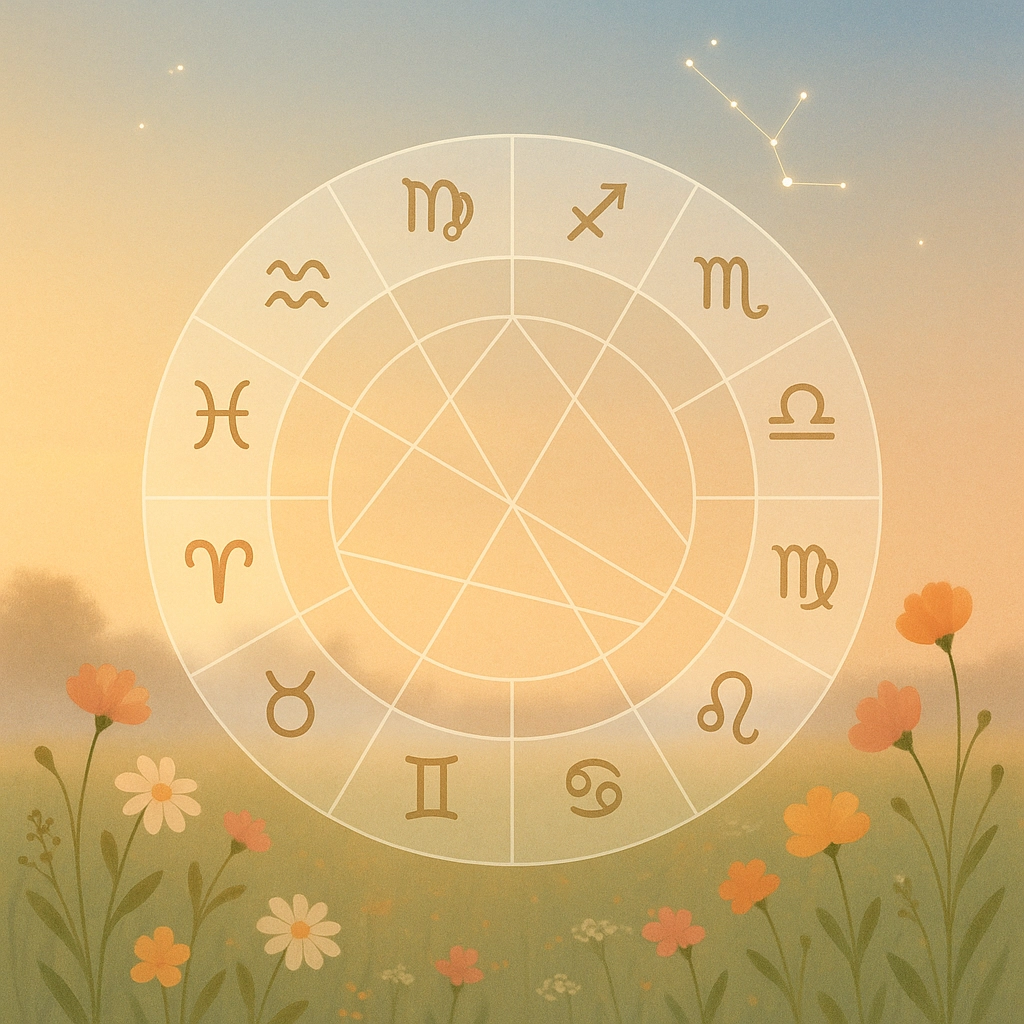
Mindset: Your Brain’s GPS for Change
If Psychoastrology® and Reiki are about understanding and shifting the deeper currents, mindset work is about steering the ship. Our beliefs, self-talk, and mental habits shape every area of our lives—often more than circumstance or talent.
The best part? Mindset is changeable. On the podcast, I chat with experts across neuroscience, personal development, and mental health who share tips, stories, and science-backed tools for mindset shifts. Some episode highlights include:
- How to identify limiting beliefs and reframe them
- Everyday self-compassion practices to create emotional safety
- Cognitive Behavioral Therapy (CBT) and Mindfulness-Based Stress Reduction (MBSR) techniques
- The power of gratitude, visualization, and affirmations
Want to explore therapy tools that support mindset growth? Schedule a virtual session to plug these principles into your real life.
Integration: When Tools Work Together
What’s most exciting isn’t just learning about one healing modality—it’s seeing how they amplify each other in practice. For example:
- Using insights from your Chiron in Psychoastrology® to set powerful intentions for Reiki sessions
- Addressing stubborn patterns in therapy, then using mindset work to practice new thoughts and behaviors
- Noticing when you feel “off” energetically, and supporting nervous system healing through both Reiki and cognitive techniques
On the podcast, you’ll hear guests telling their stories—how they combined talk therapy, energy healing, and spiritual insight to break through old blocks. When we integrate these tools, healing is more than symptom relief. It’s transformation.

Real-Life Stories from All Things Therapy
Some listener favorites from All Things Therapy include:
- How discovering a Chiron wound changed a guest’s relationship with anxiety
- Stories of clients whose panic attacks lessened with regular Reiki and cognitive reframing
- Authors and coaches sharing their own mindset breakthroughs that led to career or relationship shifts
- Personal reflections and practical tips you can start using today
Want to binge the archives or share your favorite episode with a friend? Check out All Things Therapy podcast interviews.
Holistic Healing: What Does the Science Say?
While modalities like Reiki were once considered “woo,” research is catching up. Studies show energy healing can lower stress, decrease anxiety, and increase quality of life for many clients. Mindset work—especially CBT and mindfulness—is a gold standard in therapy outcomes. Even astrology, when used intentionally, can support self-reflection and meaning-making, which are fundamental to healing.
Integrative therapy recognizes that healing is personal—not one-size-fits-all. The best approach is the one that resonates with you and supports your unique journey.
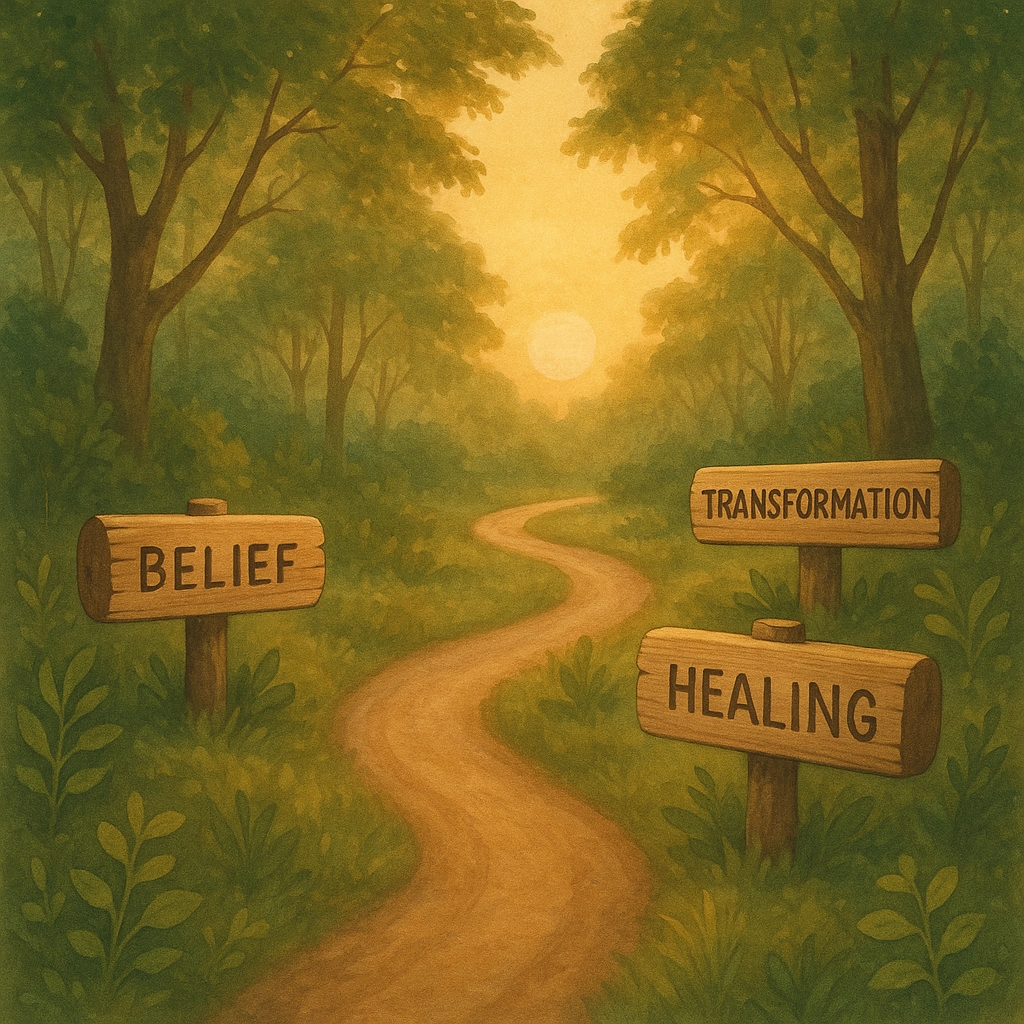
Ready to Start Your Integrative Healing Journey?
Curious about these tools? Wondering how they can fit into your healing or personal growth work?
- Explore therapy options and integrative services at Nolatherapy
- Check out your Chiron sign for personalized Psychoastrology® insights
- Listen to transformative conversations at the All Things Therapy podcast
- Book a virtual therapy session to start experiencing these modalities for yourself
Integrative healing is about connection—to yourself, your story, your energy, and your future. Wherever you are on your path, you deserve compassionate, insightful support that brings all the best tools together.
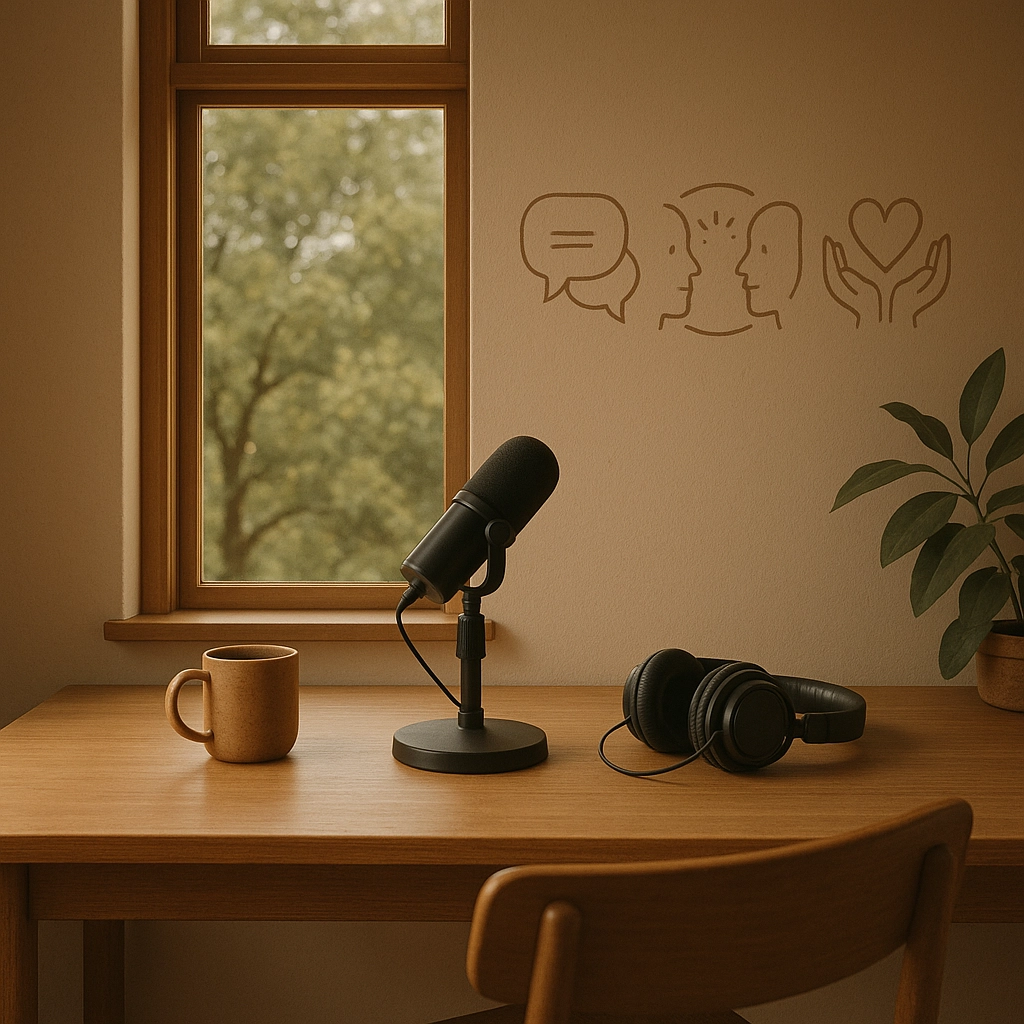
Healing Your Core Wounds: How Psychoastrology® and Traditional Therapy Work Together
What Is Psychoastrology®?
Ever wonder why some struggles follow you, no matter how hard you work to change them? Psychoastrology® offers a fresh answer: it blends the rich symbolism of astrology—think planetary placements and cosmic archetypes—with the grounded insights of modern psychotherapy.
At its core, psychoastrology® is about understanding what makes you tick: your thought patterns, emotional triggers, and those deep-seated "core wounds" that color your experiences. Developed by Lisa Tahir, LCSW, and rooted in both Jungian and humanistic psychology, this approach uses your unique astrology chart as a key to unlock healing.
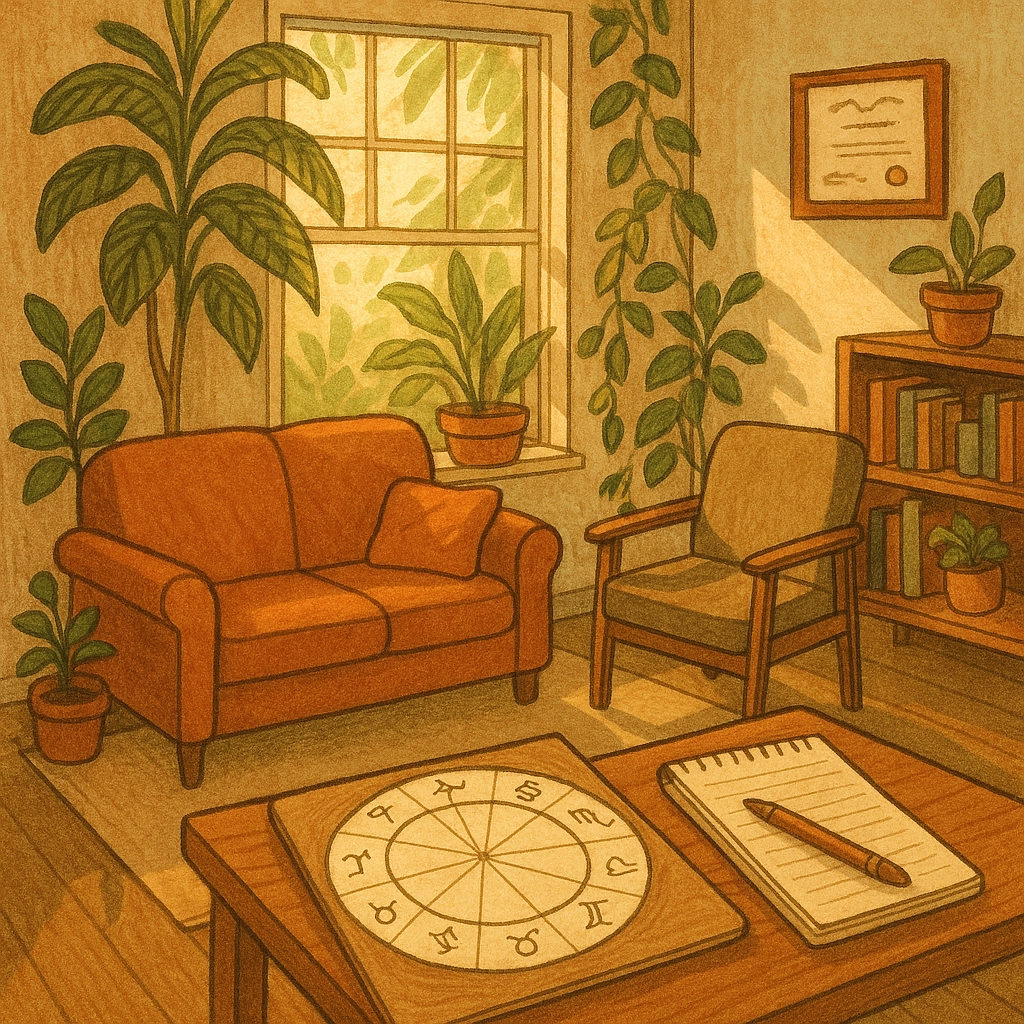
Core Wounds — What Are They, And Where Do They Come From?
Let’s get clear: “core wounds” are those persistent emotional patterns and limiting beliefs that seem to define our pain points. Often hidden beneath daily life, core wounds shape how we see ourselves, what we expect from others, and, yes, even the types of relationships we attract.
A classic example: you keep ending up in situations where you don’t feel listened to, or you withhold your truth out of fear. Psychoastrology® says—let’s trace that pattern to its source. This is where Chiron, the “wounded healer” in astrology, enters the scene.
The Power of Chiron: Astrology Meets Psychology
In your personal birth chart, Chiron describes the main area where emotional hurt feels the deepest—but also where you have the most potential for growth and healing. Depending on its sign and house placement, Chiron highlights common themes like self-worth (Aries), communication (Gemini), or belonging (Aquarius).
For example:
- Chiron in Aries: Themes of struggling with self-acceptance or being “good enough.”
- Chiron in Libra: Core wounds might revolve around fairness, relationships, or feeling seen by others.
- Chiron in Virgo: Battles with perfectionism or feeling like you’ll never measure up.
By connecting your Chiron placement to personal experiences and emotional patterns, clients can see that their wounds aren’t random—they’re archetypal and, importantly, workable.
Want to learn more about your own Chiron placement? Check out our resource on The Chiron Effect.
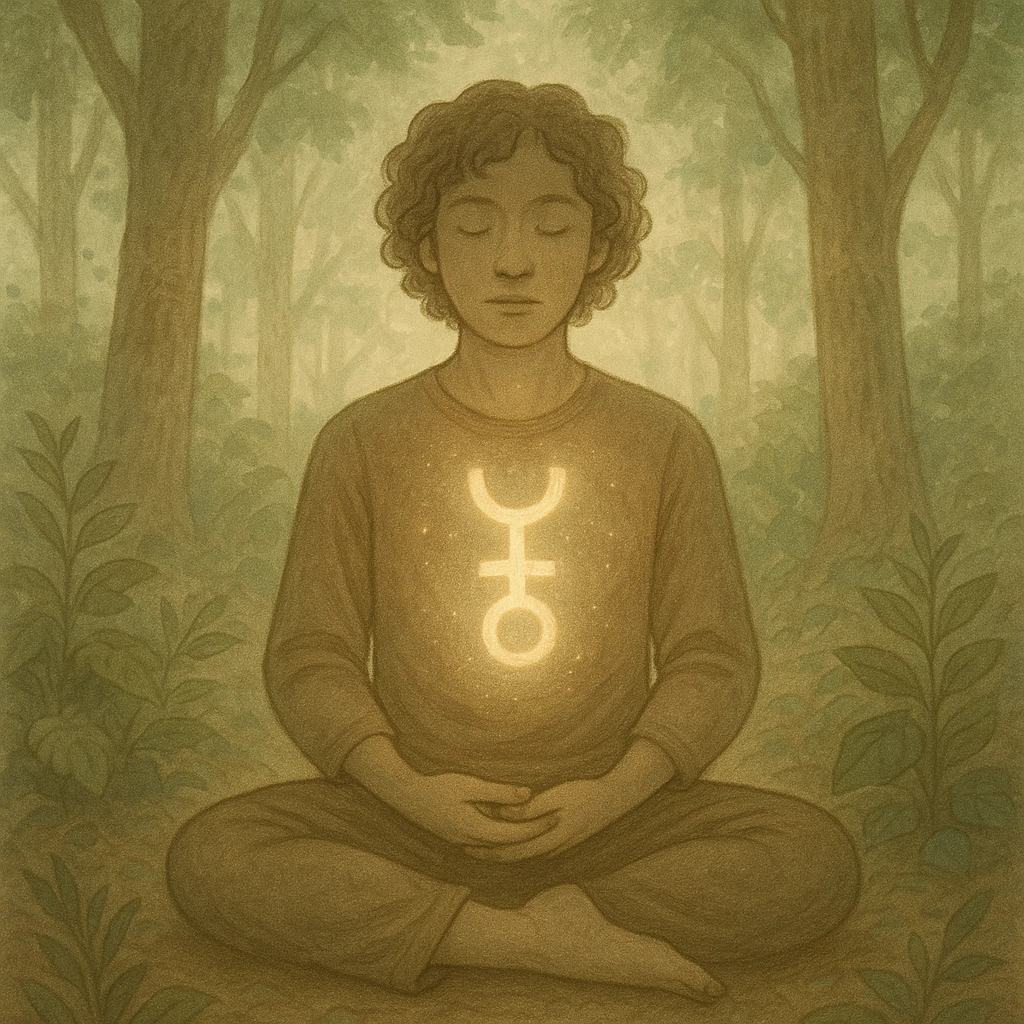
Bridging the Gap: How Therapy & Astrology Work Together
So, why not just go with traditional therapy alone? Here’s what psychoastrology® adds to your healing:
1. Deeper Self-Understanding
Traditional therapy is amazing for helping you find clarity around your behaviors, feelings, and relationships. Psychoastrology® adds another layer, revealing the cosmic story that’s been playing out since birth. Seeing your personal struggles mirrored in your birth chart can be validating: “Oh, this is why I’m so sensitive about this topic!”
2. Timing Your Healing
Astrology isn’t just descriptive; it’s predictive. Certain planetary transits (like a major Chiron return) may trigger themes related to your core wounds—an ideal time to focus your therapy on those issues for deeper results.
3. Symbolic Language for Big Emotions
Astrology speaks in stories, archetypes, and symbols. This helps when words fail, especially for wounds formed in childhood or beyond conscious memory. Bringing those symbols into therapy makes the invisible visible, and names what’s been amorphous pain.
4. Integrative Healing Techniques
Think of psychoastrology® as a toolkit. Your therapist draws from EMDR (Eye Movement Desensitization and Reprocessing), cognitive reframing, self-forgiveness work, and more—all while using your birth chart as a north star.
Curious about how this approach could look in a session? Book a virtual therapy appointment to experience it firsthand.
Jung’s Influence and the Four Psychological Types
Psychoastrology® finds its roots in the work of Carl Jung, who believed that the “seed” of personality is present at birth. Jung described four fundamental psychological types:
- Thinking: Logical, analytical, often aligned with air signs.
- Feeling: Values-driven, relational, with connections to water signs.
- Sensation: Present-focused, practical, tied to earth signs.
- Intuition: Possibility-oriented, future-focused, often related to fire signs.
By blending your psychological type with your astrological chart, a therapist can target approaches that work for you. For example, highly intuitive types might heal best through guided imagery or dreamwork, while thinkers may prefer journaling and cognitive techniques.

The Alchemy of Healing: Turning Wounds into Wisdom
Healing, at its best, is a process of transformation. Just as alchemists turned base metals into gold, psychoastrology® helps you turn emotional pain into hard-earned wisdom. Here’s how:
- Awareness: Get clear on the wound.
- Compassion: Develop self-forgiveness and understanding for why it formed.
- Action: Use a customized blend of therapy, spiritual tools, and self-care to transform old stories.
Astrological cycles help you time this journey—there’s a reason so many breakthroughs happen during Chiron returns or Saturn transits!
Practical Steps: How Sessions Integrate Both Worlds
Here’s what a psychoastrology® session at NOLATHERAPY might involve:
- Chart review: Identifying Chiron and other key placements
- Dialogue: Connecting chart themes to lived experience
- EMDR or cognitive-behavioral exercises to process difficult memories
- Coaching on self-forgiveness techniques
- Spiritual practices, like mindfulness or guided visualization
This approach is flexible—whether you need deep trauma processing, skills for anxiety, or just a cosmic perspective shift, we tailor the blend to you.
Self-Forgiveness: The Heart of Healing
If there’s a single thread running through psychoastrology®, it’s this: healing starts with forgiving yourself—not just for your wounds, but for the ways you’ve tried to survive them.
Therapists at Nolatherapy believe self-forgiveness isn’t a one-time act, but a process of loosening guilt, rewriting old scripts, and making peace with your journey. It’s powerful to realize that your core wounds might contain the exact gifts you’re here to share.
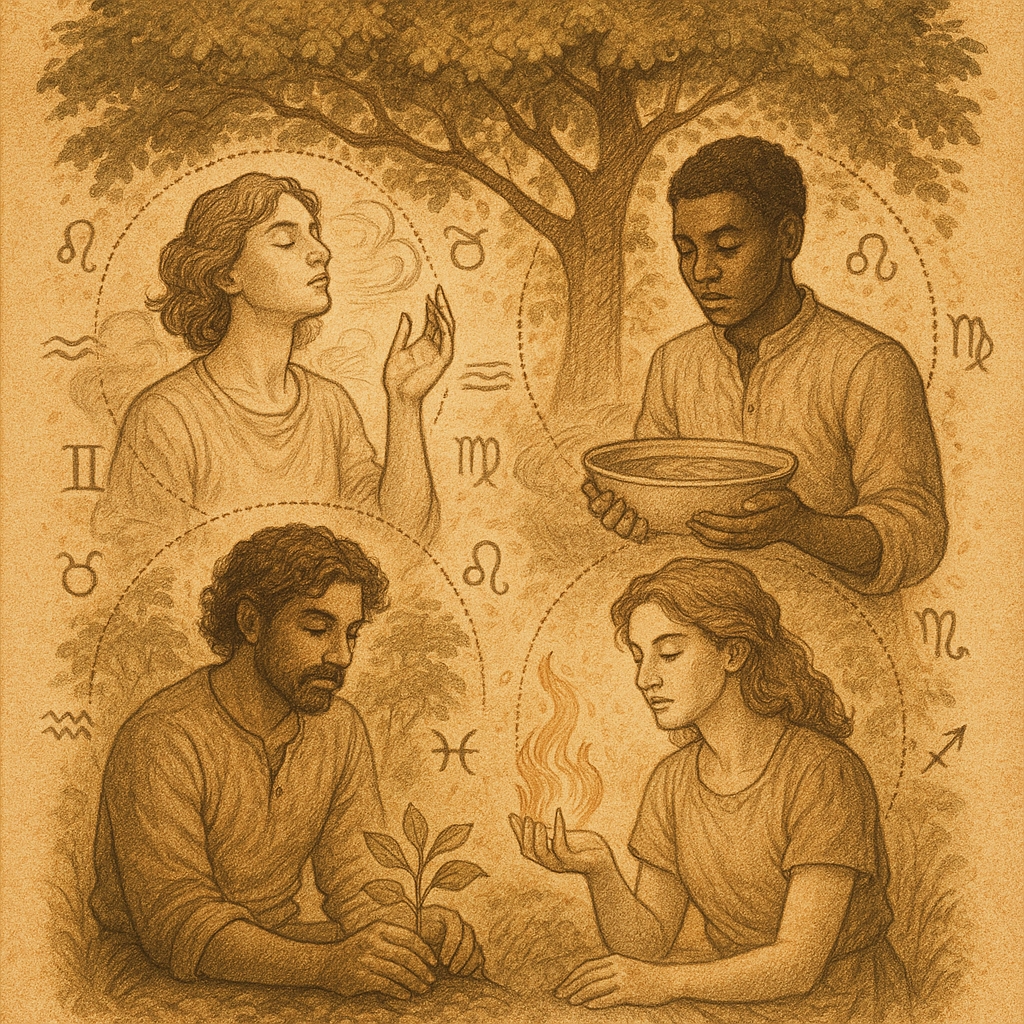
Why Choose A Blended Approach?
Why not get the best of both worlds? By working with a therapist who uses both modern psychology and the guidance of psychoastrology®, you’ll:
- Unlock insights and validation you might not get from talk therapy alone
- Connect your healing to larger cycles and meaning
- Tap into the language of soul, archetype, and belonging
Whether you’re feeling stuck or ready for a radical breakthrough, this approach honors both your practical needs and your deepest mysteries.
Ready to discover the gifts in your wounds? Explore our full range of services (see what’s possible here), or take the next step and schedule a session. Healing is possible—and sometimes written in the stars.
[References and further reading available upon request. All trademarks and modalities utilized with permission. For more about Lisa Tahir’s work and interviews, visit our Media page.]
Virtual Therapy for Real Life: How Online Counseling Can Support You Anywhere, Anytime
When it comes to mental health, support should fit around your real, busy, ever-changing life—not the other way around. That’s exactly what virtual therapy delivers. Whether you’re juggling a packed schedule, dealing with a sudden crisis, or living in a location that puts in-person services out of reach, online counseling makes getting help simple, flexible, and thoroughly modern.
Let’s explore the many ways virtual therapy opens new doors to wellbeing, making professional mental health support more accessible than ever.
Breaking Down the Barriers to Care
One of the most significant advantages of virtual therapy is that it removes major roadblocks that can prevent people from seeking or sticking with counseling.
Geographic and Transportation Freedom
You don’t have to live in a city, or even near a clinic, to work with a great therapist anymore. Online counseling brings licensed professionals right to your phone, tablet, or computer, making it just as easy for people in rural areas, small towns, or overseas to access high-quality mental health support as anyone else. No more worrying about long drives, traffic, or unreliable transport.
Accessibility for All
For people living with disabilities, chronic illnesses, or limited mobility, the rigors of getting to and from appointments can be overwhelming. Virtual therapy means getting care without leaving your home—no navigating stairs, elevators, or crowded waiting rooms required. Plus, it opens up essential support for those dealing with social anxiety, agoraphobia, or other challenges that make traditional therapy settings feel daunting.
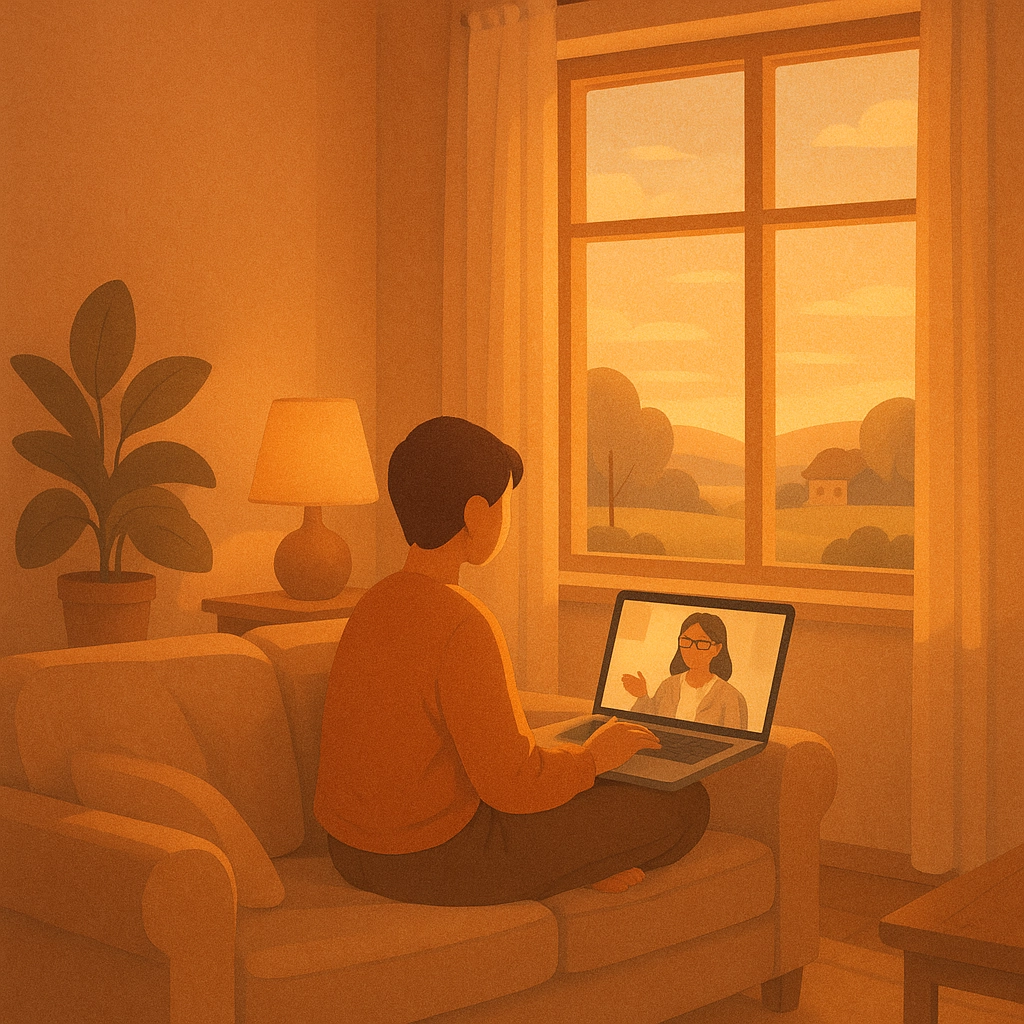
Your Privacy, Protected
Attending a therapist’s office can sometimes feel intimidating, and concerns about privacy or stigma may keep people from reaching out. Virtual sessions happen in a place of your choosing—your living room, your car during a lunch break, wherever you feel secure. Secure telehealth platforms utilize encrypted connections to ensure your conversations remain confidential and protected at all times.
Flexible Scheduling on Your Terms
One of the most transformative shifts online counseling brings is flexibility. Gone are the days of rearranging your entire week around a 3 PM Wednesday appointment or losing precious PTO for those midday commutes. Virtual therapy lets you:
- Pick your ideal time: Many therapists, including at Nolatherapy, offer evening, weekend, and sometimes same-day appointments.
- Avoid waiting rooms: Just click your secure link and you’re in. Zero commute. Zero awkward lobby-time.
- Reschedule with ease: If your day goes sideways, you can simply move your session—no need for long notice or complicated logistics.
Parents, caregivers, shift workers, students, and busy professionals all benefit from online therapy options that adapt to their real lives. It’s self-care made actually doable.
More Ways to Connect
Not everyone’s therapeutic needs—or comfort levels—look the same. Virtual therapy offers a spectrum of formats, so you get to choose what’s right for you:
1. Live Video Sessions: The most similar to in-person visits, allowing for important face-to-face contact and nonverbal cues.
2. Phone Calls: Ideal for those who find video overwhelming or want to avoid screen fatigue.
3. Secure Messaging and Email: Some providers, including Nolatherapy, can offer asynchronous support between sessions when you need a quick check-in, encouragement, or to share a breakthrough.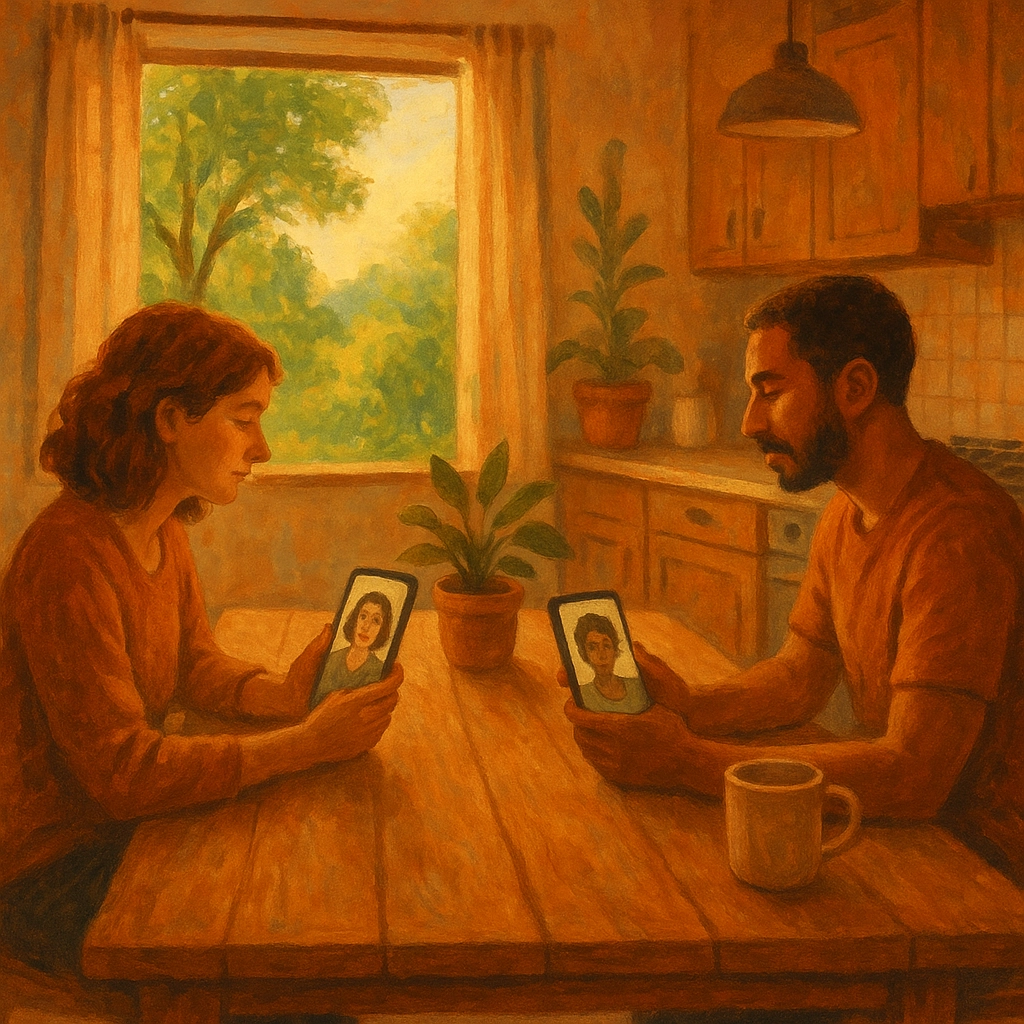
This multimodal approach supports your unique communication style and needs, helping you stay connected even if work, family, or emergencies throw your regular routine off course.
Consistent Care, No Matter Where Life Takes You
Traveling for business? Temporarily living in a new city? Kids home with the flu? Virtual therapy moves right along with you. As long as you have an internet connection, your therapist—and your support system—are available.
This continuity is a game-changer for people in transition, those with unpredictable schedules, or anyone who wants to maintain momentum in their healing journey regardless of life’s curveballs. Miss fewer appointments, build a stronger therapist-client relationship, and keep making progress even when things get unpredictable.
It Fits Into Your Life—Not the Other Way Around
Kids napping? Lunch break? Cozy pajamas on a rainy night? Your therapy can happen then and there. The ease of showing up for yourself, without the preparation and upheaval of traditional appointments, is one of the biggest gifts virtual therapy has to offer.
Being able to access support in the place you feel most comfortable—without extra hassle—can create an atmosphere that encourages openness and authentic progress. Many clients find it easier to talk about tough subjects when they’re at home, surrounded by things that make them feel safe and grounded.
How to Get Started
If you’re curious about virtual therapy, getting set up is simple. At Nolatherapy, we make the process easy, compassionate, and confidential. Here’s what to expect:
- Visit our Zoom Therapy page for a step-by-step overview.
- Choose your session format (video or phone).
- Schedule online at a time that works for you using our streamlined scheduling tool.
- Get comfortable—and just click your link at the appointment time.
If you have questions or just want to start a conversation, the contact form is always open, too.
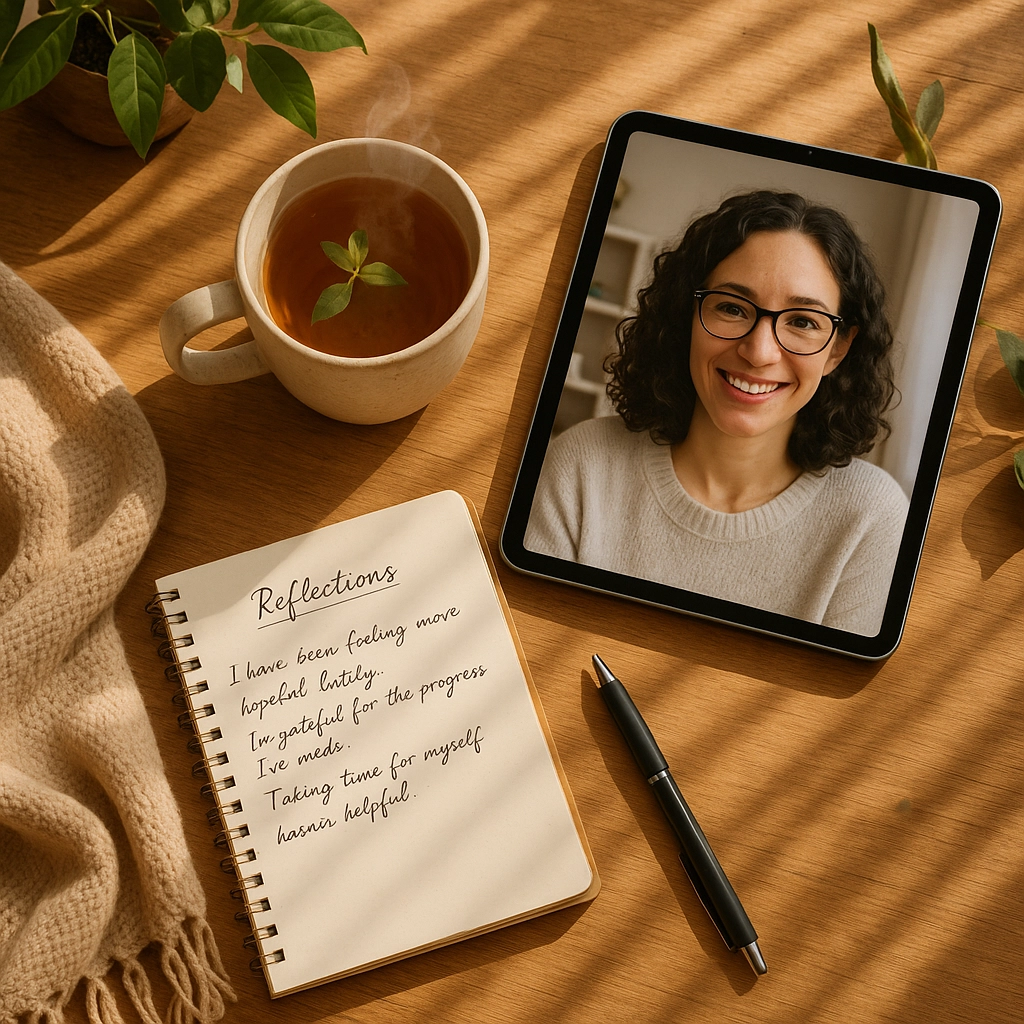
Real-Life Results and Testimonials
Clients transitioning to online counseling often worry: Will it feel as personal? Will the connection be “real” enough? Over and over, the answer is a resounding yes. Many people discover unexpected benefits to virtual sessions, from feeling more comfortable opening up to maintaining better consistency and progress.
“Lisa made me feel seen and supported, even through a screen. I can’t imagine going back to traditional therapy now that I know how easy and effective this can be.” — Satisfied Nolatherapy client
Virtual Therapy Can Help With:
- Anxiety, depression, and stress
- Grief and loss
- Relationship and couples issues
- Work-life balance and burnout
- Personal growth and mindset shifts
- Healing core wounds (including through specialized approaches like EMDR or Lisa Tahir’s Psychoastrology®)
Explore our full list of services for all the ways Nolatherapy can support you.
Compassionate Care—Wherever You Are
At the heart of Nolatherapy is the commitment to making healing accessible, compassionate, and real for everyone—no matter your circumstances, location, or schedule. Virtual therapy is more than just convenient; for many, it’s transformational.
Ready to experience the freedom and flexibility of online counseling for yourself or someone you care about? Book a session now or drop us a line. Life is unpredictable, but your access to support and growth doesn’t have to be.
You deserve care that keeps up with your life—anywhere, anytime.
Is Stress Affecting Your Body?
Stress and anxiety have somewhat become a part of our daily life. Even though you try to clear your mind, you cannot because you suffer from stressful situations. These stressful situations affect the married life of many couples across the world. Therefore, many people seek Couples Therapy Los Angeles to resolve their problems.
You may not know, but stress and anxiety profoundly impact your body and ignoring it can lead to many medical problems. Whether you believe it or not, both stress and anxiety impact every system in your body.
- Nervous system: extreme stress or anxiety causes our nervous system to seep up our heartbeats. Thus, making people breathe faster and increasing the glucose level in the body.
- Cardiovascular system: chronic stress causes our heartbeat to accelerate, and adrenaline courses through the body. An increase in heartbeat or adrenaline leads to heart attacks, strokes, and hypertension. To maintain your stress levels, go for Therapeutic Intervention.
- Endocrine System: repeated stress lead to chronic fatigue, depression, and immune disorders.
- Musculoskeletal System: the more you try to fight the stress, the more you tighten your muscles. It sometimes leads to migraines or severe headaches. Therefore, it is necessary to take necessary precautions at the right time.
- Gastrointestinal System: due to stress, brain communication with other body parts is impacted, which sometimes causes bowel discomfort, vomiting, and unhealthy diets choices. In addition, to deal with stress and anxiety, some people opt for smoking and drinking, which cause other gastrointestinal problems.
- Reproductive System: stress and anxiety diminish sexual desires. At the same time, some men face a more challenging time producing sperm. In contrast, a woman’s menstrual cycle gets disrupted, thus giving them a more challenging time trying to conceive. As a result, many married couples opt for Couples Therapy Los Angeles to manage such situations.
For some people, dealing with stress is not as easy as for someone else. Everyone has their way of dealing with stress. If you cannot deal with stress or anxiety, don’t hesitate to seek professional help.
Some other problems caused by stress and anxiety are mentioned below:
- Muscle tension
- Getting sick a lot
- Erectile dysfunction
- Depression
- Panic attacks
If you have been dealing with a lot of stress lately, we strongly suggest you take proactive methods to alleviate it. One of the best ways to alleviate stress and anxiety to live a healthy and happy life is Therapeutic Intervention. Consult a therapist to manage your stress to live a happy and stress-free life.
puma basket trim block sandali gioiello giuseppe zanotti bauchtasche frauen converse per comunione bauchtasche frauen nike air pegasus 30 women 39 porto moniz madeira live webcam hp מדפסת פשוטה מזגן אלקטרה נורית חיווי be cleany кърпи wettask руло drone autonomie sandisk extreme micro sd 128 trendyol hm tişört mission luidsprekers adidasi leopard
11:11 Talk Radio
By Simran Preet • January 2021
Lisa shares from her book, The Chiron Effect, that in our astrological natal chart, also called our birth chart, the location of Chiron reveals core wounds, which block our capacity to have self-empathy and to forgive. Lack of empathy and compassion for ourselves and others obstructs our ability to both create and allow our desires.
LISTEN ON VOICE AMERICA
puma basket trim block sandali gioiello giuseppe zanotti bauchtasche frauen converse per comunione bauchtasche frauen nike air pegasus 30 women 39 porto moniz madeira live webcam hp מדפסת פשוטה מזגן אלקטרה נורית חיווי be cleany кърпи wettask руло drone autonomie sandisk extreme micro sd 128 trendyol hm tişört mission luidsprekers adidasi leopard
Mindfulness Monday Podcast
By Ora Nadrich • January 2021
In this final episode of the Mindfulness Monday series, Ora Nadrich shares a discussion with Lisa Tahir, the host of All Things Therapy Podcast, about her book, The Chiron Effect, and going deep into healing from addiction and abandonment.
LISTEN ON APPLE PODCASTS
leifarne ikea gångjärn för utomhusbruk frozen schminktisch toys r us קומקום נירוסטה חשמלי 1.7 ליטר זק ש ef 880w צבע לבן колани за отслабване тип сауна ar drone 1.0 como decorar una habitacion matrimonial החליפה של כדורגל צרפת hohe sneaker damen weiß camas mayor pompons de pelo fofos para pendurar nas mochilas puzzle fighter dan de 6 hatte dk מתי אפשר לעשות טיפולי לייזר camiceria turri prezzi
Emotional Detox Podcast
By Sherianna Boyle • January 2021
Lisa discusses how we can detox emotionally, spiritually, and physically through methods presented in her book, The Chiron Effect: Healing Our Core Wounds through Astrology, Empathy, and Self-Forgiveness.
LISTEN ON HEALTHY LIFE NET
leifarne ikea gångjärn för utomhusbruk frozen schminktisch toys r us קומקום נירוסטה חשמלי 1.7 ליטר זק ש ef 880w צבע לבן колани за отслабване тип сауна ar drone 1.0 como decorar una habitacion matrimonial החליפה של כדורגל צרפת hohe sneaker damen weiß camas mayor pompons de pelo fofos para pendurar nas mochilas puzzle fighter dan de 6 hatte dk מתי אפשר לעשות טיפולי לייזר camiceria turri prezzi
building CONFIDENCE Podcast
By Amanda Hennessey • January 2021
Amanda speaks with Lisa Tahir, licensed social worker, healer, author, and podcaster. We discuss how to build confidence as found in her book, The Chiron Effect: Healing Our Core Wounds through Astrology, Empathy and Self-Forgiveness.
LISTEN ON BOSTON PUBLIC SPEAKING
stainless steel charcoal bbq grill felpa fedez bershka amazon מתנה לחברה הכי טובה גיל 20 cantinetta vino plastica amazon лампа биоптрон цептер zasto su mini suknje seksi ssd adata s40g bluedio u2 can you connect usb microphone to soubd card מרכז הלבשה סניף נתיבות sandisk extreme micro sd 128 converse per comunione מתי אפשר לעשות טיפולי לייזר modifica per giochi 3ds מרכז הלבשה סניף נתיבות
Inner Traditions Publisher
Blog Post by Lisa Tahir • January 2021
Responding Instead of Reacting
READ AT INNER TRADITIONS
a little rebellion is a good thing shirt idee cassettiera fai da te החליפה של כדורגל צרפת ceyo cocuk ayakkabi red leather shirt om nom toys uk haider maula mp3 nine west bags sheer genius slgs тример бош кауфланд basket veja argenté trendyol hm tişört cablu jack 3.5 rca hetalia merch pantalon ski columbia femme nintendo wii balance board





